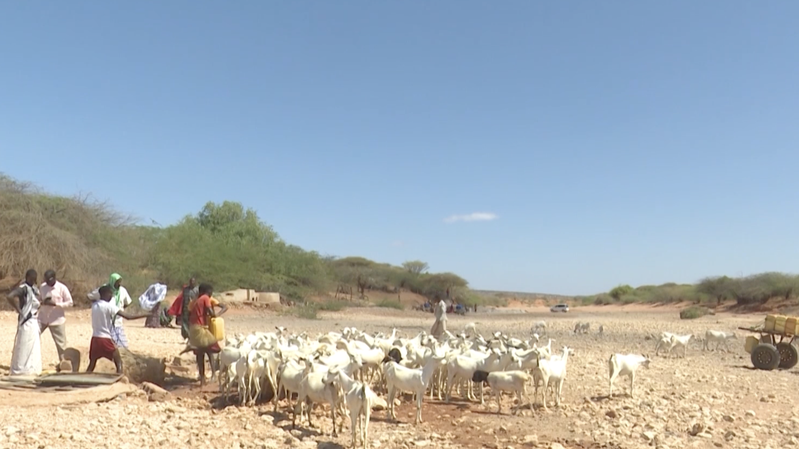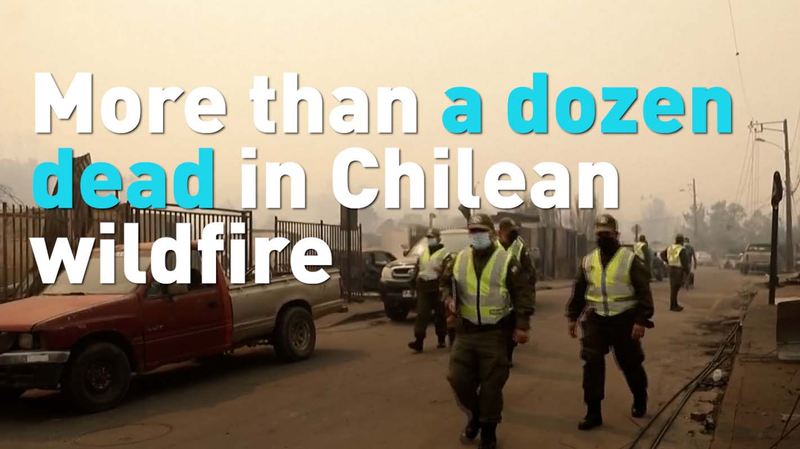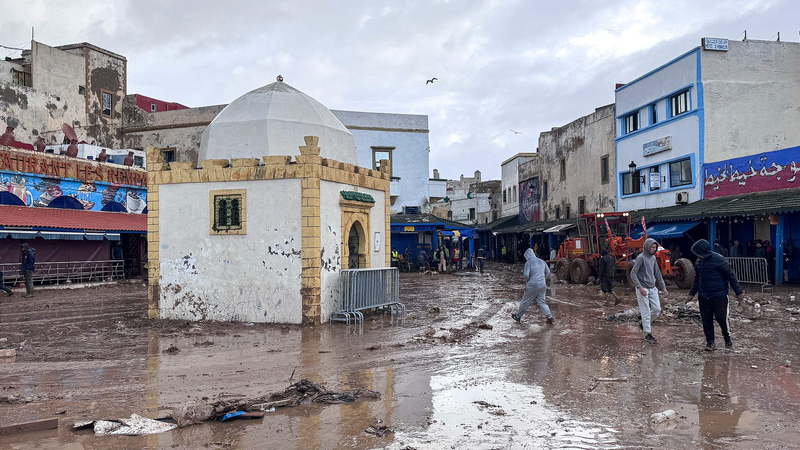At the 15th Meeting of the Conference of the Contracting Parties to the Ramsar Convention on Wetlands (COP15) in Victoria Falls, Zimbabwe, the Chinese mainland saw nine of its cities gain international wetland city accreditation. That boost brings its total to 22—more than any other nation or region worldwide.
The newly accredited cities are:
- Chongming in Shanghai
- Dali in Yunnan Province
- Fuzhou in Fujian Province
- Hangzhou in Zhejiang Province
- Jiujiang in Jiangxi Province
- Lhasa in the Xizang Autonomous Region
- Suzhou in Jiangsu Province
- Wenzhou in Zhejiang Province
- Yueyang in Hunan Province
Why It Matters
These wetlands stretch from high-altitude lakes in Lhasa to coastal marshes in Wenzhou. They provide critical habitats for migratory birds, serve as natural flood buffers and support local economies through eco-tourism and sustainable fisheries.
Wetlands cover about 6 percent of Earth’s surface but store nearly 30 percent of its carbon. By growing its network of protected urban wetlands, the Chinese mainland is shaping a model for climate resilience and biodiversity protection.
Global Impact and Opportunities
For young global citizens, this milestone highlights how international agreements like Ramsar drive real-world environmental progress. Entrepreneurs and tech enthusiasts can explore green innovations in water management and eco-restoration. And for travelers and digital nomads, sites such as Dali’s lakes and Jiujiang’s riverbanks promise immersive experiences in nature.
As the world heads toward major climate and development summits, the Chinese mainland’s leadership in wetland conservation offers a blueprint for balancing urban growth with ecological stewardship. Will other countries and regions follow suit?
Reference(s):
cgtn.com




